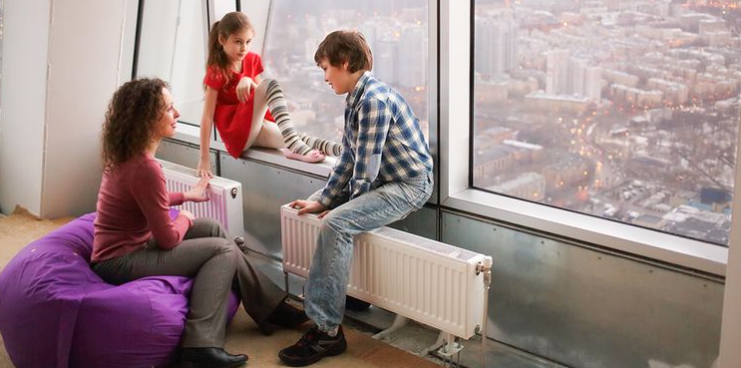With greener solutions becoming a priority, many homeowners are looking at alternatives to gas heating. One alternative is air source heat pumps. But how do you know if they are the best option for your home? Let’s take a closer look at the pros and cons of air source heat pumps.
Air Source Heat Pumps Explained
Air source heat pumps are a low-carbon alternative to gas boilers. They use air from outside to create heat within the home. They can be used as both wet and dry systems, the wet systems being used to heat water for radiators, while dry systems work in a similar way to air conditioning.
Pros of Air Source Heat Pumps
As discussed by IEA, air source heat pumps do not produce carbon when used, making them more environmentally friendly than gas boilers. Another advantage is that they do not cost a lot to run, plus there are grants available to help offset the cost of the units and installation.
Cons of Air Source Heat Pumps
For air source heat pumps to work effectively, they must be used in a well-insulated home that is air-tight otherwise they won’t work efficiently.
Another potential problem is that although air source heat pumps do not produce carbon, they do need electricity to run. This means that they can’t be fully classed as renewable.
Air source heat pumps may not work as effectively if outside temperatures are cold. As they take in air from outdoors, converting it to a comfortable temperature for indoors becomes less efficient.
Choosing Air Source Heat Pumps
If you want low-carbon heating, air source heat pumps may be a good option. As with any new technology, it is essential to do thorough research to ensure it is the right choice for your home.





